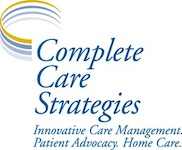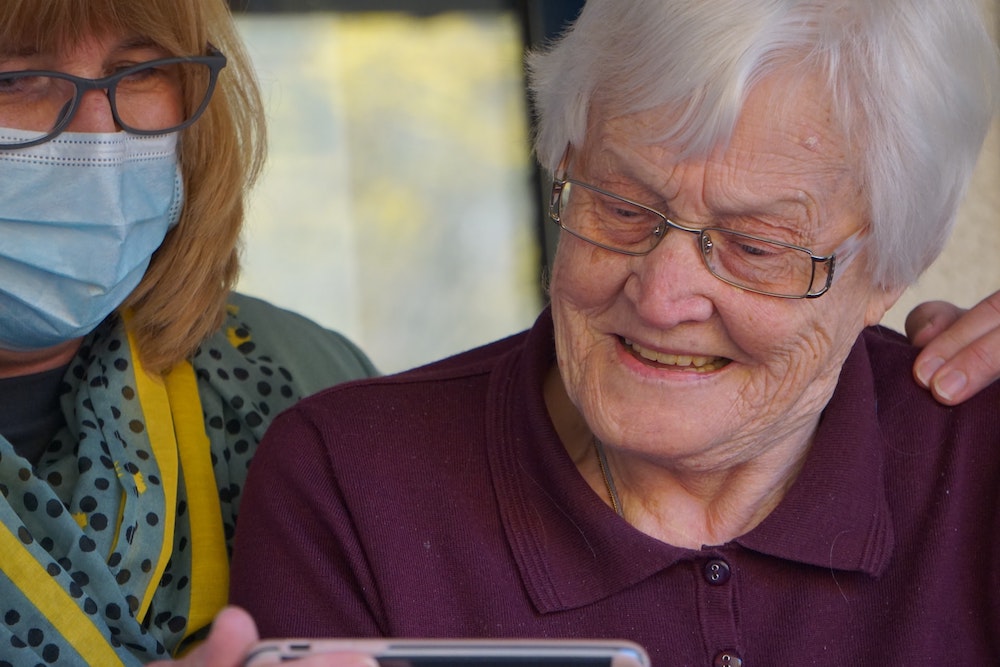- Oftentimes it feels like your home and privacy are being invaded
- Caregivers watch TV and/or remain on their phones
- Caregivers don’t always know what to do
- Caregivers call out or don’t show up
- Caregivers either don’t talk or talk too much
The simple fact is that these complaints are common. But, the good news is that there are things you can do to mitigate these problems and start-out on the right foot.
Prerequisites for In Home Caregiver Success
#1. Work with an agency
Working with an agency that offers supervision by licensed personnel has many legal and some financial benefits that can’t be derived by hiring someone “under the table”. For example, there is liability protection from injury on the job, back-up if someone calls out, and supervision. With professional supervision, the caregiver has a superior to answer to and you have a “go to” person to intervene on your behalf. It’s always optimal if this supervisor is a professional such as a social worker or nurse.
#2. Ask for a written Plan of Care
Meet with the supervisor and the hired caregiver present, express exactly what you want and need. Have the home care company and caregiver sign-off on the Plan of Care with the understanding that it can be changed as needed.
#3. Review Regularly
You may request an in-person meeting with the supervisor to review how things are going at regular intervals. For example, request monthly meetings to review both positive and negative aspects of the care process.When you are home alone with the caregiver and the caregiver is not doing something specifically, ask yourself if you or the tasks in your home are being neglected or if the caregiver is on a well-deserved break. Caregivers do take breaks but care of their client and tasks related to their client must be their highest priority.
Focus on Good Communication
Remember, that you are the Client and you have the right to communicate and request exactly what needs to be done. By referring to the Plan of Care, identify what was agreed to previously. Appropriate communication is critical when done in the right way. For example, we can tell people what we need rather than criticizing based upon assumption. Think of yourself as running your own company and treat your employee with positive regard to get the best from them. Ask questions and communicate needs from your own perspective. Rely on the supervisor whenever things become unclear. Mistakes will happen but there must be a means provided to rectify them. Never allow yourself to be uncomfortable in your own home! Also, know that nothing is ever perfect!
Tips for Managing the Caregiver Relationship
- Maintain boundaries: Remember that the caregiver is an employee rather than a family member or friend.
- Agree at the start about what is expected of the caregiver
- Use an agency unless you can provide the back office actions to hire the caregiver yourself
- Have a written Plan of Care
- Make sure that you have ongoing contact with the agency supervisor who is responsible for the hired caregiver
- Treat the caregiver like your employee and act as their manager
- Communicate your needs clearly
- Develop a working alliance with the caregiver which is one of mutual respect
- Never keep a caregiver in your employ who makes you uncomfortable
Working with a stranger in your home is never seamless. However, having your needs met by a compassionate caregiver can allow your family to have a break and allow you to remain in your own home. That can be priceless!
About the Author
Beverly Bernstein Joie is the founder and president of Complete Care Strategies, a senior care management company serving Philadelphia and its surrounding communities. A Certified Aging Life Care Manager with more than 20 years of experience, Beverly has worked in senior care since 1994, both in assisted living communities and in private practice. She is a member of the Aging Life Care Association and was a former president of the Philadelphia Chapter.
Complete Care Strategies consists of care managers, specialized human service professionals, who advocate and direct the care of seniors and others facing ongoing health challenges. Working with families, its expertise provides the answers at a time of uncertainty. Along with its licensed home care division, it can help clients safely remain at home under the watchful eye of skilled professionals. Families are afforded an integrated model of care that, with guidance and advocacy, lead them to the actions and decisions that ensure quality care and an optimal life for those they love

